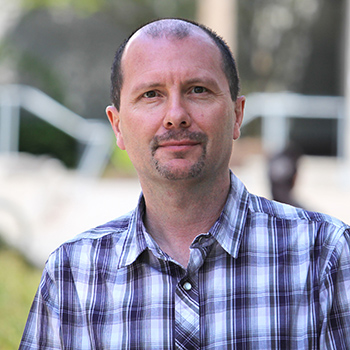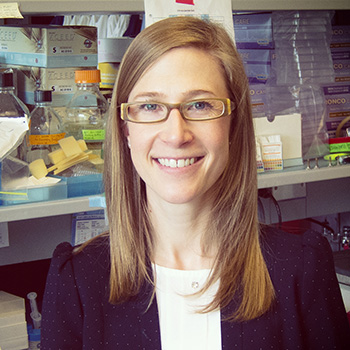Sara Mostafavi
Age: 34
Position: Assistant Professor, Department of Medical Genetics and Department of Statistics (Faculty of Science)
Education: Bachelor’s degree from University of Toronto (computer science and life sciences); master’s degree from Queen’s University (computer science); PhD from University of Toronto (computer science).
Previous position: Post-doctoral fellow, Stanford University (computer science).
Did you know? As a child and young teen growing up in Tehran and skiing the Alborz Mountains, my goal was to become a professional downhill racer. When my family moved to southern Ontario, with its disappointingly small and flat ski slopes, I shifted my sights to science. Now that I’ve landed on the West Coast, I plan to rediscover that earlier passion of mine.
Quote: “As a computational biologist, I take advantage of recent advances in high-throughput sequencing technologies to measure variations in DNA, gene expression and protein synthesis. By statistically integrating the data at these various levels, we can model the impact of genetic variation on molecular chemistry, cellular activity, and organismal health. In this way, we can get a better handle on the relative contributions of genetic and environmental factors to diseases like clinical depression and Alzheimer’s disease, and design more effective targeted and personalized treatments.”
Trevor Dummer
Age: 47
Position: Associate Professor, School of Population and Public Health
Education: Bachelor’s degree from University of Hull (geography); master’s degree from University of Edinburgh (geographical information systems); PhD from University of Newcastle (environmental epidemiology).
Previous position: Associate Professor, Dalhousie University Department of Pediatrics.
Did you know? I am part of a team that holds a Guinness World Record for the world’s largest toenail collection – we obtained clippings from 24,999 people to measure the bio-accumulation of heavy metals.
Quote: “I am a health geographer interested in how the environment—our communities and neighbourhoods— influence our health. My current research focuses on cancer prevention through community knowledge translation. I am particularly interested in environmental exposures, such as arsenic and radon, and the relationship between obesity (a major cancer risk) and the built environment. The Centre of Excellence in Cancer Prevention provides an exciting opportunity to carry out collaborative cutting-edge research that can have an impact on public health policy and practice.”
Elizabeth Rideout
Age: 34
Position: Assistant Professor, Department of Cellular and Physiological Sciences
Education: Bachelor’s degree from University of Toronto (biolog y and forensic science); master’s degree and PhD from University of Glasgow (neurogenetics and behaviour).
Previous position: Postdoctoral fellow, Southern Alberta Cancer Research Institute, University of Calgary.
Did you know? My work with fruit flies can probably be traced back to my lifelong love of bugs. As a girl, I would dig up worms and put them in the “seats” of my Fisher-Price school bus, giving them a ride around the house. To my parents’ credit, they didn’t mind a bit – and even encouraged it.
Quote: “Male-female differences in disease incidence, progression and prognosis are widely recognized. I use fruit flies to study how sex differences affect regulation of cellular metabolism. My research seeks to enhance our understanding of male-female differences in these fundamental cellular processes, providing insight into the mechanisms that increase the risk of disease in one sex and not the other.”


